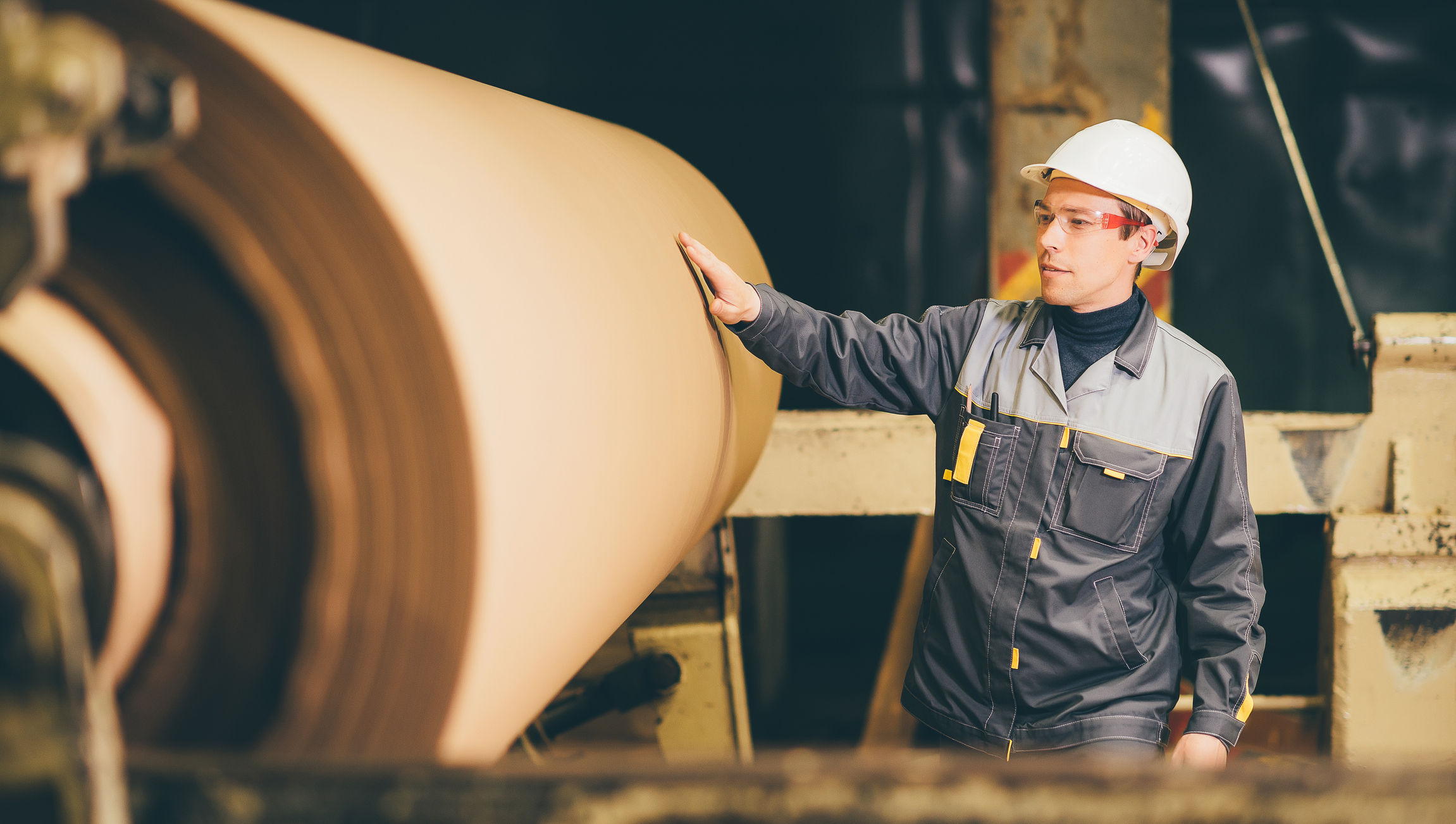Could genomics turn pulp's ‘black liquor’ into consumer goods?
July 19, 2019

July 19, 2019

UBC research designed to turn ‘black liquor’—a by-product of pulp and paper manufacture—into consumer goods has received funding from Genome BC and the BC Pulp and Paper Bio-Alliance.
The project, led by UBC microbiologist Lindsay Eltis and valued at $500,000, will develop biological methods that can be used to transform ‘black liquor’, a mixture of lignin and cooking chemicals which is an energy source and part of pulp and paper manufacture’s chemical recovery system, into usable consumer goods such as adhesives, foams, and other products. This would dramatically increase the value of black liquor.
“Genome BC invests in these types of projects because there is economic value attached to the science,” says Catalina Lopez-Correa, chief scientific officer and vice president, sectors, at Genome BC.
“There’s a huge opportunity to enhance the value of forestry by-products to not only add to advances and innovation in BC’s economy, but also in the interest of preserving the environment.”
141,000 jobs in the province are directly tied to the forestry industry, which generates $12.94 billion towards BC’s GDP. Pulp and paper accounts for 16% of that total. There is, however, significant opportunity to enhance the value of bioproducts from the industry. With the decline in demand of newsprint and other traditional paper products, and the need to develop environmentally sustainable solutions for challenges in other industries, there is huge potential for the forestry industry to boost uses for by-products.
These projects are a direct investment through Genome BC’s GeneSolve program, designed to bring industry and academia together to find solutions for sector challenges.
“We appreciate the investment from Genome BC to support the diversification of the BC pulp and paper industry into higher value sustainable markets.” says Bob Lindstrom, spokesperson for the BC Pulp & Paper Bio-Alliance.
Eltis, Canada Research Chair in Microbial Catabolism and Biocatalysis, investigates bacterial enzymes and the pathways responsible for the degradation of aromatic compounds and steroids.
Genome British Columbia leads genomics innovation on Canada’s West Coast and facilitates the integration of genomics into society. A recognized catalyst for government and industry, Genome BC invests in research, entrepreneurship and commercialization in life sciences to address challenges in key sectors such as health, forestry, fisheries and aquaculture, agrifood, energy, mining and environment. Genome BC partners with many national and international public and private funding organizations to drive BC’s bioeconomy.
We honour xwməθkwəy̓ əm (Musqueam) on whose ancestral, unceded territory UBC Vancouver is situated. UBC Science is committed to building meaningful relationships with Indigenous peoples so we can advance Reconciliation and ensure traditional ways of knowing enrich our teaching and research.
Learn more: Musqueam First Nation